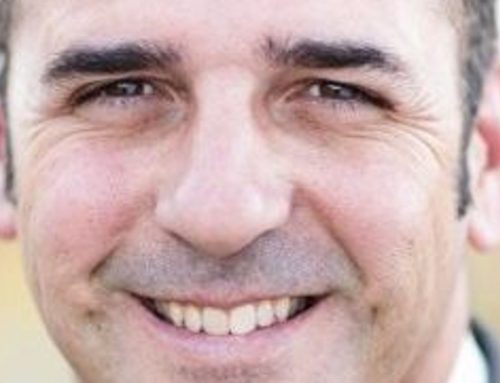
(Barbara G. Brent and Sarah J. Blithe) – Scholars at the University of Nevada, Las Vegas and the University of Nevada, Reno have been conducting ethically approved and methodologically rigorous research in the legal brothels in Lyon and other Nevada counties for more than 20 years. The women studied have repeatedly reported that they feel safer working in brothels, that they provide an important human service, that they work only with clients they choose and that the income from legal sex work is often better than their work in other jobs.
For years we have been presenting research at national and international conferences, and Nevada is held up as a positive model for regulating prostitution. It’s approach — though it certainly can be improved — is seen by scholars from around the globe as a far better alternative for the health, safety and rights of the individuals in it than criminalizing prostitution.
Lyon County citizens are now being asked to return to a system that criminalizes prostitution. The evidence is clear that criminalizing prostitution may deter a few individuals. But our research suggests that when prostitution is criminalized, sex workers are less safe and too scared of being penalized to report crimes to the police. Indeed, the evidence has been so compelling on the abuses in criminalized systems that social justice organizations — including Amnesty International, the United Nations, the World Health Organization and health professionals in the British Medical Journal and The Lancet — have recommended decriminalization, including eliminating those laws that prohibit associated activities such as bans on buying, solicitation and general organization of sex work.
In New Zealand, where prostitution is not a crime and brothels are regulated, bad behavior by brothel owners is subject to disciplinary action, and one brothel worker won a sexual harassment case against her employer.
Laws on sex work should focus on protecting people from exploitation and abuse, rather than trying to ban all sex work. If we care about the women working in legal brothels, we suggest the following: 1) clarify health and safety laws; 2) allow all workers to leave the brothels daily, if desired, after their shifts; 3) remove unfair curfews placed on sex workers in some counties; 4) end any policies that control workers’ presence in town while on contract with the brothels; 5) create mechanisms so that workers can report abuses of independent contractor laws.
Let’s make Nevada brothels better for the women working there. And let’s bring the workers into the debate on how we can proceed.
Barbara G. Brents is a professor in the department of sociology at the University of Nevada, Las Vegas. She is a co-author of “The State of Sex: Tourism, Sex and Sin in the New American Heartland.” Sarah J. Blithe is an associate professor in communication studies at the University of Nevada, Reno. She is co-author of “Sex and Stigma: Stories of Everyday Life in Nevada’s Legal Brothels,” coming January. This column was originally published in the Las Vegas Review-Journal on October 7, 2018

Leave A Comment